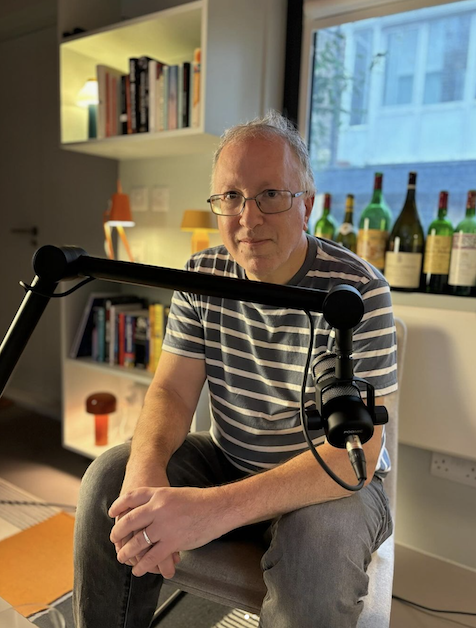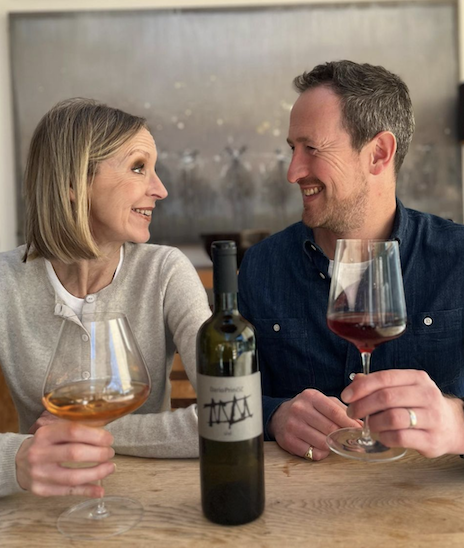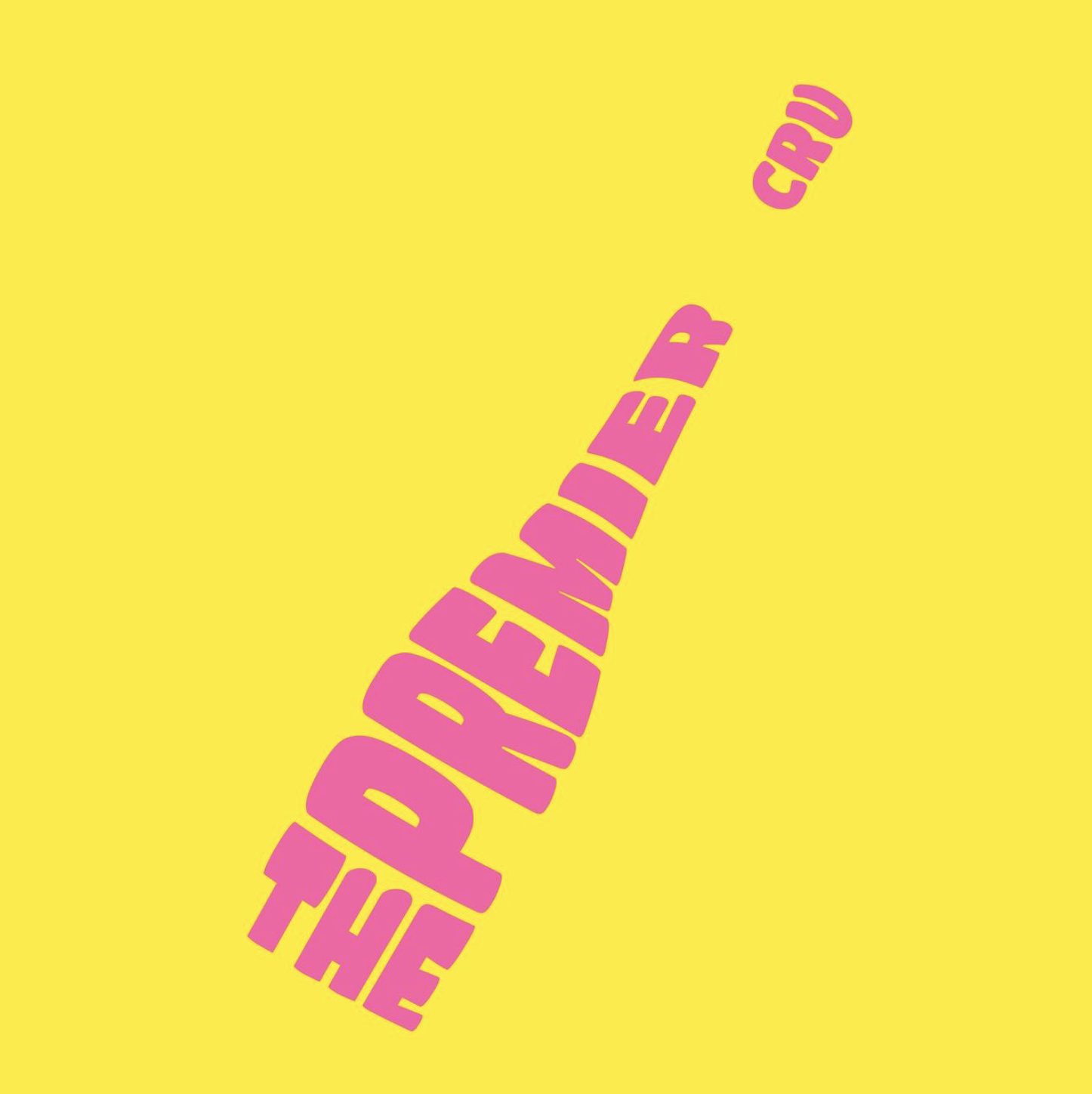
Many years ago I was invited onto a Radio 4 programme whose rationale was to explore the ways we might improve our knowledge and understanding of those things in our lives that we might take for granted. Taste, for example. I was asked onto the programme to talk about wine, how to taste the aforementioned beverage, and what makes a wine good per se. The panel always comprised the same three professors plus a famous columnist from The Independent. I was quite relaxed until we entered the studio and I saw the bristling array of microphones and sound equipment and producer gesticulating behind the glass window and suddenly realised that this radio segment was effectively being recorded in real time – with deviation, hesitation or repetition verboten. One had to be precise and concise, be knowledgeable yet wear one’s knowledge lightly, display the wit of sages with carefully turned aphorisms. Above all, one had to observe the rhythm of radio, handing the golden ball of the subject to another, and not interrupting until called upon to perform one’s soliloquy.
With these constraints, I was less than fluent, and when I wasn’t umming and erring, didn’t say what I wanted to say at the time, and only remembered what I wanted to say when another panelist was opining. I also tried unsuccessfully to imitate the arch playfulness of the others, who like seasoned actors were able to switch into a fluent, effortlessly knowledgeable radio persona at the flick of a microphone switch.
After the recording, we all adjourned to the pub, and suddenly I rediscovered my babblative powers. I definitely suffer from a mixture of microphonebia and l’esprit de l’escalier-it is. Yes, it’s a thing! The squeaky voice, the blank mind followed by the perfect retrospective aphoristic zinger.
I was quite relaxed until we entered the studio and I saw the bristling array of microphones and sound equipment and producer gesticulating behind the glass window and suddenly realised that this radio segment was effectively being recorded in real time.
Over the years, I have become less shy, and the mike shoved under the nose is less a paralysing ordeal. What I lack in articulacy, I make up for in volume of words.
And so to podcasts. My wife and daughter listen to a lot of them. In one sense, it is like listening to the radio, instead of which you choose the subject matter that engages you most at the time that suits you most. Some are highly educational, others entertaining, and others a mix of the two. They are brilliant to have on when you are doing a mundane task such as ironing or cleaning, and of course when travelling in the tube, on buses or planes, in the gym or mowing the lawn.
I have recently contributed to three podcasts talking about Les Caves de Pyrene, my own particular wine journey, natty wine in general and The Real Wine Fair. The beauty for me, as one who does not possess a word thermostat, is that babbling at 100 mph is permitted. As are digressions, off the wall remarks, and fun stories. The objective is to enthuse. Of course, podcasts come in various shapes and sizes from pithy, focused analysis to the entertaining “loose ends” approach.
The skill of the interviewer is to make their guest feel at ease, and, by preparing diligently, ask the best questions to elicit the most interesting answers. A good interviewer also recognises that going with the flow makes for more interesting listening.
The first podcast I guested on was Peter and Susie Barrie’s Wine Blast. Orange Wine; Gimme Some Skin.
Peter and Susie are engaging media naturals, the banter between them is unforced, projecting a sense of enthusiastic engagement in the topic at hand. The Wine Blast episodes are superbly edited. The orange wine podcast referred to interweaved observations with snippets of interviews culminating in a wine tasting, a seamless amalgam of reportage and opinion.
Lawrence Francis (Interpreting Wine) is Mr Wine Podcast. He’s generated thousands of hours of wine trade engagement for global wine brands including Austrian Wine, Jerez, New Zealand Winegrowers, Washington State and Willamette Valley. Lawrence has been recognised in Born Digital Wine Awards 2020 and spoke about the power of audio to reach the wine trade at Wine2Wine Conference in 2019, 2020 and 2021. He’s featured in specialist wine trade publications and mainstream media including The Guardian, The Buyer, The Drinks Business, The Financial Times and The Rochester Business Journal. Since 2017 Interpreting Wine has interviewed movers-and-shakers including winemakers, Masters of Wine, international sommeliers, educators, and key importers.
Lawrence’s interviews are used as resources for restaurants, wine companies and fairs, and he is a passionate advocate of the podcast as a platform for disseminating information. The interview can be a great add-on to web-sites, media pages, and wine catalogues and can be accessed by means of a qr code or any other embedding link.
Lawrence has been kind enough to invite me on Interpreting Wine on three occasions.
He says:
“As the producer of the Interpreting Wine podcast, I’ve got over six years’ experience in creating podcast content that the audience loves.
I think the biggest opportunity right now in wine is helping wineries and regions connect more deeply with the international wine trade. This can be used alongside traditional channels such as trade tastings or press trips. The benefit of audio and podcasts is that done right it provides a huge canvas for guests to tell their story. Indeed I’ve produced episodes lasting over an hour (for example with producers from Washington State) without a noticeable drop-off in listener engagement.
Something I always keep in mind is respecting the listener’s time and signposting to them that it’s worth them listening past the introduction. To structure episodes I use my “Six Wine Stories” model. Starting with the most relatable story and people behind it. Moving through culture, geography, geology, viticulture and oenology. Helping listeners explore the unique perspective of the guest step by step. Making it fun and easy to follow.
Also ensuring that the wine producers highlight aspects of their story that are unique. Rather than sharing [marketing] cliches that make their wines sound like every other brand.”
Here’s my tuppence ha’penny worth of things Les Caves, the history of natty wine and Real Wine Fair and whatever else was churning through my mind at the time!
The Premier Cru is a podcast connecting its audience with personalities in the hospitality business. Co-hosts, Hugo Brooks and Ben Copping share a great passion for wine and food. They interview media influencers, innovators, wine buyers, wine merchants, and taste and review wines at different price points. There is a real sense of enjoyment behind what they do, and their guests are judiciously chosen. This podcast would appeal to young professionals in the wine industry as well as curious and knowledgeable amateurs.
Co-hosts Hugo and Ben are lifelong friends, passionate about wine and exploring the UK’s culinary gems. Their passion for the subject has been escalating for a number of years from blind tastings and restaurant visits on weekends to now regularly visiting wine regions and doing harvest. Both made career changes in 2023, saying goodbye to their jobs in the city, to pursue their passion and build a wine and food community. Living together in north London, they converted a shed in their garden into a podcast studio.
The rest – as they say – is history, and The Premier Cru was launched in November 2023.
Listen to my episode here:
They write:
“A great podcast is more than just an audio or video recording that people listen to. It is a community, connecting people with guests and brands they want to engage with and to hear from.
What excites us is that via podcasting we can facilitate that connection and create a community. It is the principal platform through which we introduce our guests, but it will enable us to do so much more in the future from articles to exclusive events and much more.”
So, in summary, wine podcasts can be useful as well as entertaining. Successful examples know – and engage – their audience. Some aim to create and then build a community of people interested in drinking wine, but also learning about it and hearing the stories behind it. Others can be adapted and used as training tools and resources from which to acquire information. For folks who like to bang on about their passion, it’s a wonderful opportunity to tell stories and encourage listeners to explore the subject further.



